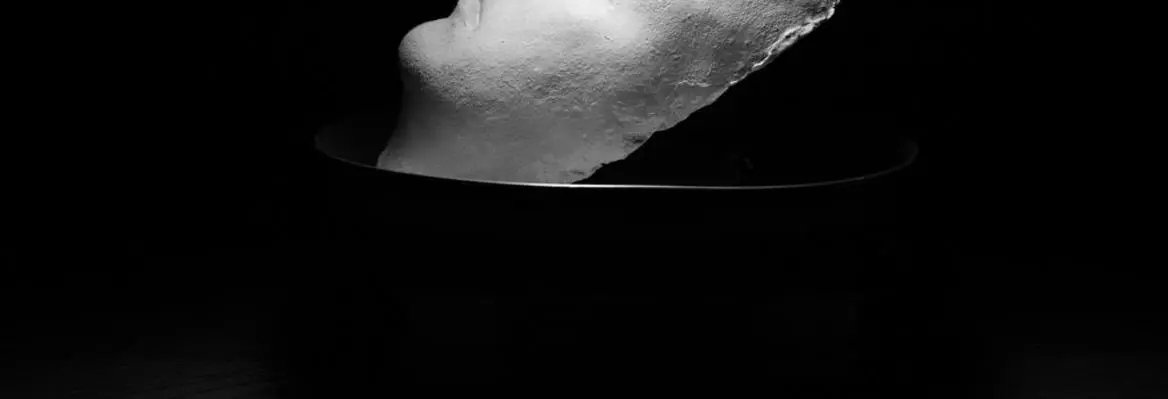Do we need a radically new model to explain the place of consciousness in the material world?
The answer is yes, because both old models are failing.
Old model #1 is materialism – also known as physicalism – which says that consciousness is a function of organised matter. The problem with materialism is that on any known view of what matter is, consciousness is palpably not a function of it. This is the lesson of the famous set of arguments about matter and consciousness in philosophy: the superscientist Mary, philosophical zombies, the inverted spectrum, etc.
Old model #2 is dualism, which says (negatively) that consciousness is not a function of organised matter, and (positively) that consciousness is a basic element of nature something like time, space, gravity, or indeed matter itself. The problem with dualism is that it can’t explain how consciousness is integrated into the rest of nature in the way it palpably is. That is the lesson of another set of arguments in philosophy that are famous but not quite as famous: the exclusion argument, the nomological dangler argument etc.
So both old models fail, and we need a new one. What would it be like? Well, don’t ask: is consciousness a function of matter? Ask instead: what is matter such that consciousness is a function of it? If no known property of matter can answer this question, the natural inference is that some unknown property does. So the new model says there are unknown properties of matter that, perhaps together with known properties, account for consciousness.
You could say, if you like, that the new model is a non-standard version of materialism. Like materialism it says that consciousness is a function of organised matter, but unlike standard versions it offers no positive theory of what matter is. You could also say, if you like, that the new model is a non-standard version of dualism. Like dualism it says that no known property of matter accounts for consciousness, but unlike standard versions it does not say that consciousness is a basic element of nature. Perhaps the best thing to say is that the new model takes what is true from both standard materialism and standard dualism and jettisons the rest.
To accept the new model is not to say that the properties of matter will remain forever unknown to us as humans or to rational agents in general – it is not to say that we are cognitively closed with respect to these properties, in Colin McGinn’s well-known phrase. In general, you can say that something will remain forever unknown to us only if you also know two further things: what the limits of human knowledge are, and whether the thing in question falls outside those limits. But we know neither of those things, and that is why the new model predicts nothing about cognitive closure.
Some people start off by agreeing we need a new model but wind up not offering one – panpsychists, for example. They argue that to account for the relation of matter to consciousness, it must be that matter already contains (or is) consciousness in some fundamental way. Panpsychists present themselves as radical, and are sometimes dismissed for that reason. But from the point of view of the new model, the key problem with panpsychism is that it is too conservative, not too radical. Panpsychists offer unusual and perhaps implausible arrangements of known elements. But what we need are unknown elements, not known ones.















Join the conversation